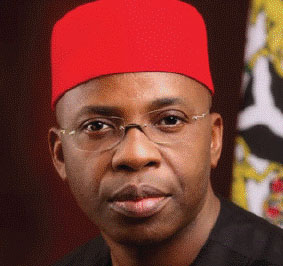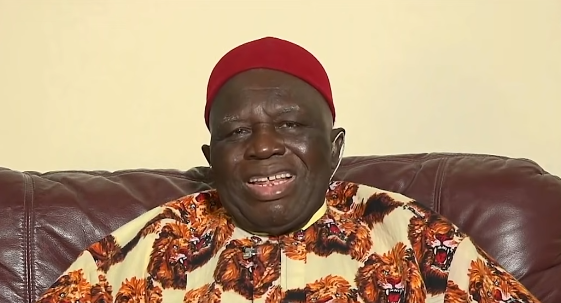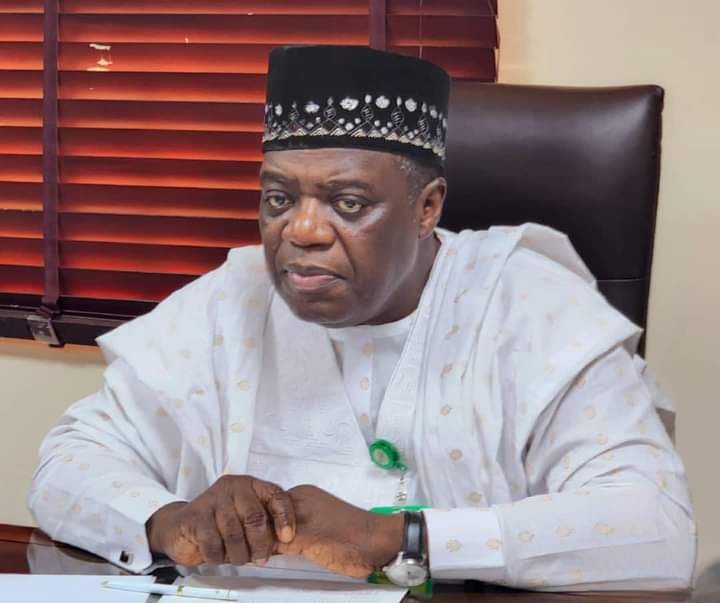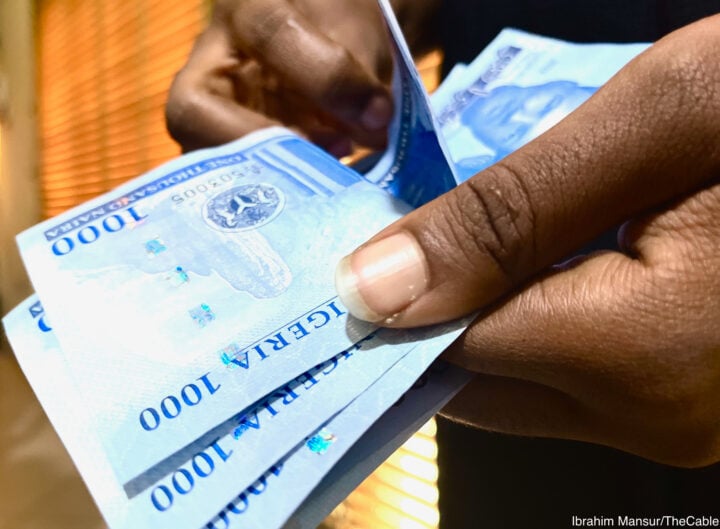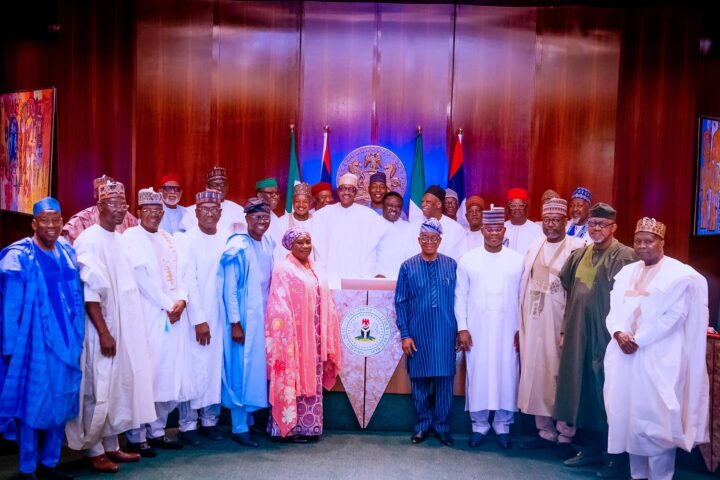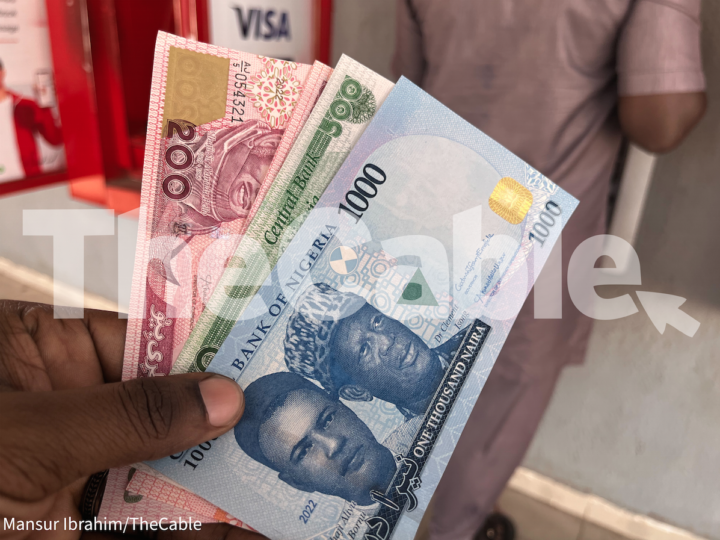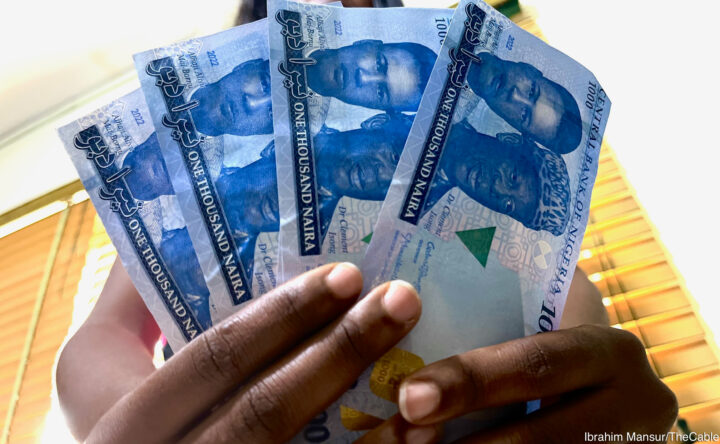BY IKEDI OHAKIM
It is said in our native parlance that there is never an appropriate time to die – no matter how old or accomplished – but I think the death of the president-general of Ohanaeze Ndigbo Worldwide, Professor George Obiozor, on December 26, 2022, makes this wise saying even more apt. If there is any death that best fits into that philosophy, then it is that of Professor Obiozor which came when he was most needed by his countrymen and women. If we narrow it down to his own kit and kin, Ndigbo, then it is quite a monumental loss.
His death is a personal loss to me because, among other things, we both shared several years of personal and working relationships. Prior to my election as governor in 2007, we had done several things together including cross-pollinating ideas on Nigeria and the leadership question with our common friend and another erudite scholar Prof ABC Nwosu and I got a lot of encouragement from him in pursuit of my political ambition. In 2008, he gave the Anniversary Lecture of my first year in office held at the Yar’ Adua Centre, Abuja. During the lecture, he had a lot of nice words for my administration.
At my Aka Ikenga lecture in 2009 held at the Nigerian Institute of International Affairs, Lagos, Professor Obiozor made the following remarks: “… the spectacular thing about Ohakim is the ease with which he has navigated the state out of the troubled waters to place it at the threshold of both political and economic transformation. How he did it is currently a subject of some critical study by some scholars …”
Advertisement
But far beyond this personal affinity between both of us, Nigeria has lost a great thinker. Professor Obiozor was not just a brilliant academic, he was a philosopher, a great thinker; a trait he embellished with a down-to-earth and unassuming mien that set him aside from most of his colleagues.
At a time when the Nigerian nation is faced with an existential problem, it is unquestionable that she needs all her best; regardless of the fact that less and less thinking seems to be going on in the management of the affairs of Nigerians and their country.
In his public service career that spanned over a period of more than forty years, there was no THINK TANK in the country Professor Obiozor was not part of, regardless of the fact that those who set up such bodies quite often ended up doing without the recommendations of the egg heads.
Advertisement
Throughout the military era, Professor George Obiozor was one of the few intellectuals the “Khaki Boys” took into confidence after they had discovered in him a man of his own mind, bold and with the courage to speak truth to power. He was Special Adviser to one of Nigeria’s most vibrant Ministers of Foreign Affairs, General Ike Nwachukwu, and later, Special Assistant to Nigeria’s first military President, Ibrahim Babangida; before he was appointed to head one of the nation’s most strategic institutions, the Nigerian Institute of International Affairs. That was at a time the country needed to keep a close watch on how the rest of the world saw and related to it.
During that period, Obiozor took part in every major negotiation to either bring peace to Nigeria internally or make powerful nations and their allies keep giving her the benefit of doubt. It was, therefore, not for nothing that directly after the military era, the new civilian government that emerged drafted him to represent the country in two key strategic missions abroad: initially as Ambassador to Isreal (1999 to 2003) and later the United States of America between 2004 and 2008.
In the course of his career as a diplomat, Professor Obiozor authored many highly rated seminal works including; Uneasy Friendships: Nigeria-United States Relations; The Politics of Precarious Balancing: An Analysis of Contending Issues In Nigeria Domestic And Foreign Policy; and Nigeria And The World: Managing The Politics of Diplomatic Ambivalence In A Changing World.
Back home among his kinsmen, Obiozor was a true Igbo man. Even though he was educated in some of the best institutions abroad, he never feigned any foreign mannerisms or idiosyncrasies. He spoke with an unmistaken Igbo accent which he must have deliberately developed as a mark of pride of whom he was and where he came from. Obizor’s vocabulary and diction were natural and he spoke in a way that succinctly conveyed his message to the listener.
Advertisement
His ascendance as the president-general of Ohaneze Ndigbo on January 9, 2021 was a watershed in the existence of the body and in the relationship between the Igbo and their fellow compatriots across the country. Contrary to fears in some quarters that Obiozor would play the ethnic irredentist, he took his assignment from a robust patriotic ambience. He kept saying that the Igbo are committed to the unity of Nigeria while admonishing his kinsmen that they were better off in a larger, united and peaceful Nigeria.
Needless to say, Professor Obiozor took over the headship of the apex pan-Igbo socio-cultural organization at perhaps one of the most difficult stages in its history. It was at the height of the separatist mantra of some younger elements in Igbo land and even though the movement was initially non-violent, one thing led to another and suddenly, hell was let loose in that part of the country; with killings and destructions of property by what was dubbed unknown gunmen.
Thus, throughout his tenure as president-general of Ohaneze, Professor Obiozor battled with the twin problem of taming this strange and ugly phenomenon of violence among his hitherto peaceful people and convincing the rest of the country that his leadership did not sanction the activities of the hoodlums, or necessarily bought into the separatist agitation led by the Indigenous People of Biafra (IPOB). For a fellow who was rated as one of the most patriotic Nigerians, nothing could have been more traumatizing than being lumped together with a group and categorized as those who want to destabilize the Nigerian nation.
Yet, he refused to be blackmailed into abandoning his belief that injustice is at the root of the problem of separatist movements which is not, in any case, limited to Igbo. While fielding questions on national television sometime in April 2021, Professor Obiozor pointedly said: “the IPOB boys are our children and we cannot deny them” but he quickly cautioned the latter to try to “listen to good counsel from their elders”. Asked by one of the panellists whether Ohaneze believes in Biafra, Obiozor said: “There is Biafra in anyone looking for Justice”, explaining further that “so long as injustice is meted to people in any part of the country, sentiments like Biafra are bound to arise irrespective of tribe, religion or geography”. Throughout his tenure, Obiozor kept saying that “Igbo are not at war with Nigeria”
Advertisement
On March 21, 2022, Professor Obiozor’s country home in Awo Ommama, Imo state, was razed down by unknown gunmen who attacked his house with Improvised Explosive Devices, (IED). As expected, the incident was greeted with outrage.
To date, the mystery over the torching of Obiozor’s house is yet to be unravelled. For an 80-year-old man who had used his active days in the service of both the nation at large and his own kit and kin in Igbo land, that was certainly not how to say “thank you”. Although he must have also known or realized that there were bound to be sacrificed to be made in providing leadership at a crisis period like this, Obiozor could definitely not have found that matter funny.
Advertisement
The day I went to pay him a condolence visit over the incident, he confided in me that what pained him most was the loss of the manuscript of a book he believed would be his last; to say nothing of his world-class library that took him several years to build. Quite frankly, Prof. Obiozor never recovered from the shock of that incident.
Aside from the challenge of dousing the growing suspicion of his Igbo kinsmen by other sub-nationals across the country, it was also during Professor Obiozor’s tenure as president-general of Ohaneze Ndigbo that the agitation for a Nigerian president of Igbo extraction got to its highest resonance. Not surprisingly, Obiozor, whether as a person and as the number one Igbo leader, was unmistaken in his avowal to the idea. He once said: “Finally, it is our turn. It is right, reasonable and timely. Igbo president is our agenda”.
Advertisement
That was not the first time he played a key role in the pursuit of an agenda for the overall interest of the Ndigbo. In the Second Republic, he was among those who facilitated the return of the late Dim Chukwuemeka Odumegwu-Ojukwu from exile. He shuttled between Nigeria and the then Ivory Coast, now Cote d’Ivoire, as a mediator between the two countries and in that assignment he worked with some of our finest and his friends including the late Chuba Okadigbo, ABC Nwosu and Nnia Nwodo who was a Minister in that republic.
Unfortunately, Obiozor’s death, coming less than two months to the 2023 general elections when, for many Nigerians, the emergence of an Igbo as president of Nigeria will be a fait accompli, may have denied him the opportunity to witness how the entire thing will play out. The nation will surely miss Obiozor’s deft and insightful perspectives both on the conduct and outcome of the 2023 general election.
Advertisement
For several decades, Obiozor’s Concentric Circle theory – of politics being a concentric circle of conspiracies aptly encapsulated the nature of politics in Africa, whether it was under the military or partisan gladiators. Although there are expectations that things may be done differently this time around, there are some pertinent questions to ask: How would Obiozor have captured it in his unique erudition? Will the outcome of “2023” meet the expectations of an average Nigerian? What would he have had to say however things went? And therein lies the challenge facing those of us he has left behind. How we respond to the outcome of the forthcoming general elections – however it goes – will be an indicator of how much we cherish those ideals he lived and worked for.
Good Night Ugwumba Ndi Igbo. Good night my good friend and ally. We will surely miss you but we have no alternative but to let you go!
Ikedi Ohakim is a former Governor of Imo state.
Views expressed by contributors are strictly personal and not of TheCable.
Add a comment
